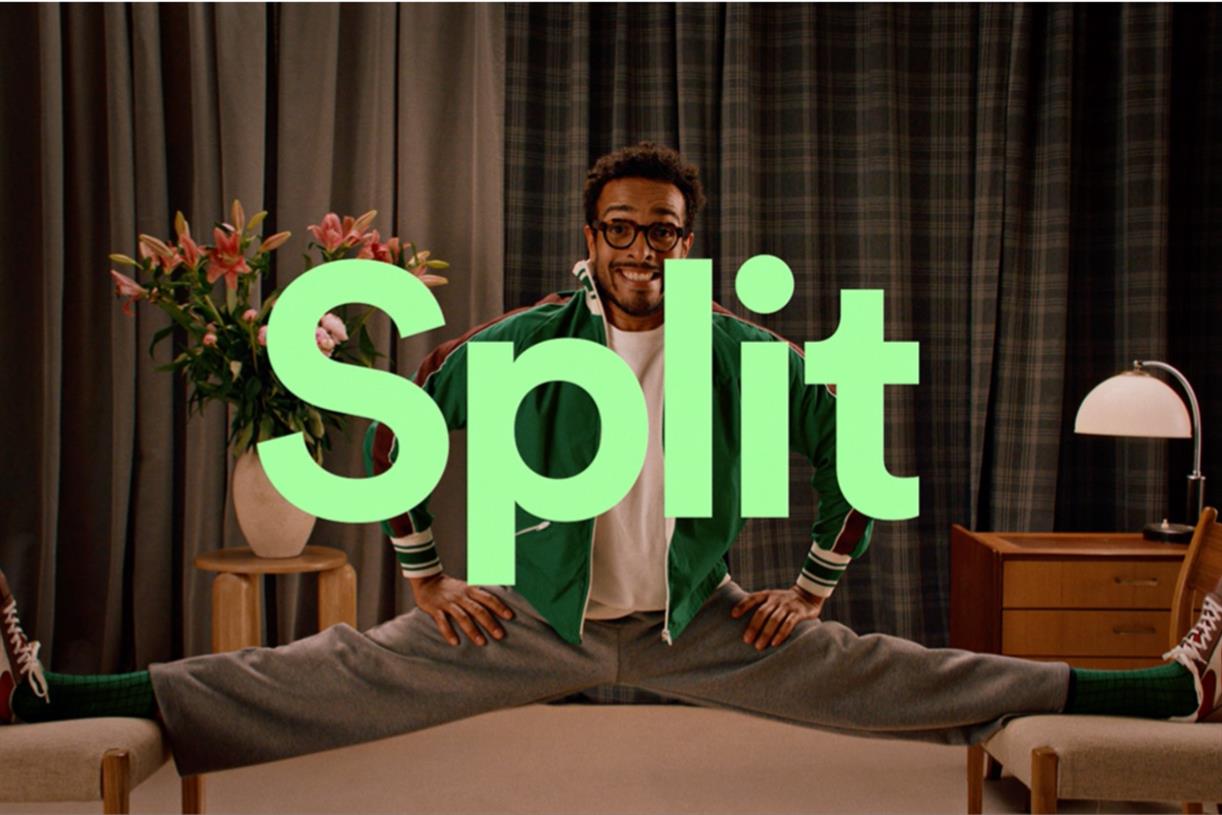How Nature Rewards Patience and Stillness
“There are very few pursuits in which you are rewarded for simply staying still.” These were the words of a birdwatcher I met in Walthamstow Wetlands, a vast urban wetlands just a stone’s throw from Central London. The wetlands...
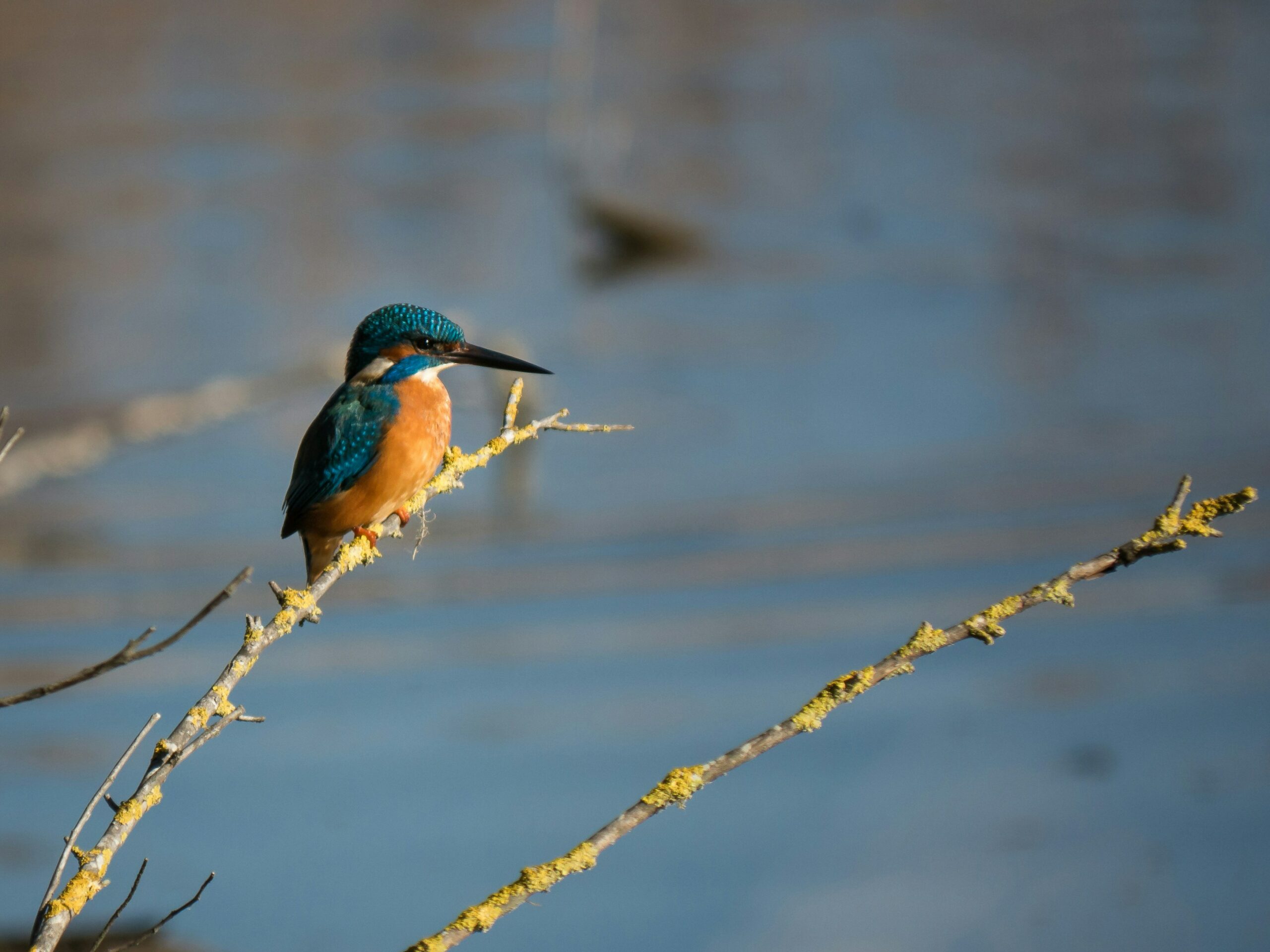
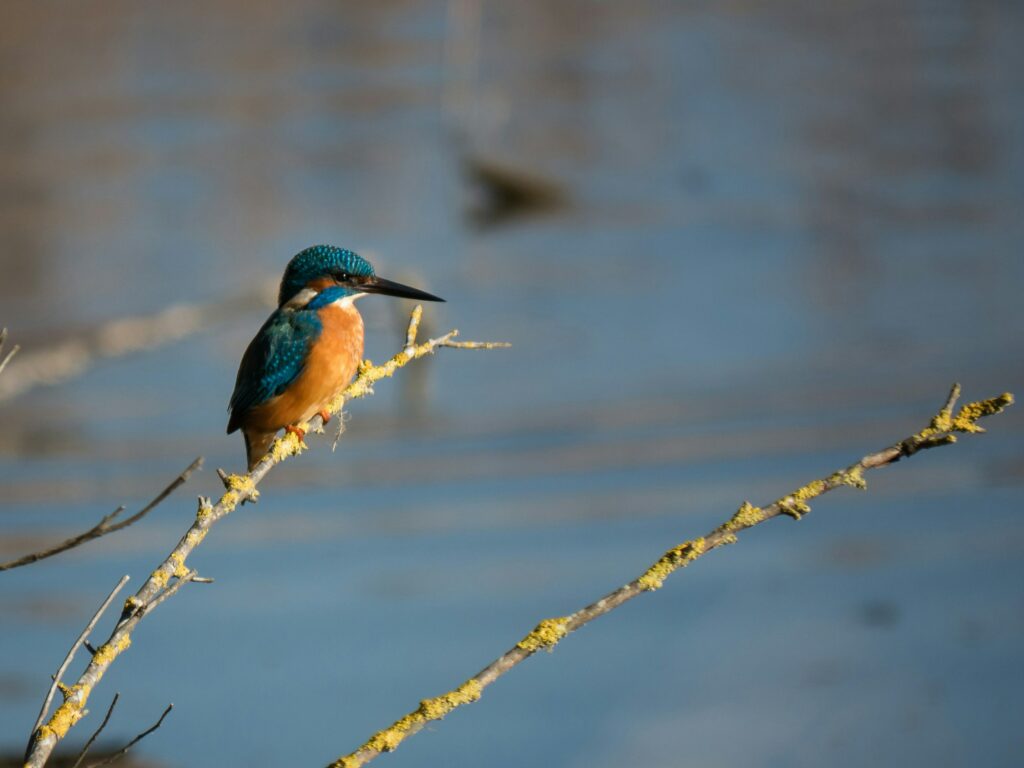
“There are very few pursuits in which you are rewarded for simply staying still.”
These were the words of a birdwatcher I met in Walthamstow Wetlands, a vast urban wetlands just a stone’s throw from Central London. The wetlands are a haven for an eye-watering number of bird species, from cormorants and herons to spoonbills, peregrines, goldeneye and kingfishers, made all the more remarkable by the backdrop of the City of London just a few miles away.
In the last couple of years I have joined the ranks of the birdwatchers who flock to the wetlands on an almost daily basis to escape the bustle of London. From knowing next to nothing about birds – I could just about spot a robin on a Christmas card – I’ve found myself wrapped up in the almost zen-like experience of waiting and watching.
Birdwatching is, at its heart, a kind of meditation. It commands your full attention. It requires a complete awareness of your surroundings. Every little flit of movement in the trees, in the water, in the air. Every note of a distant warbling call. Every rustle of leaves or patter of falling seeds that don’t match the natural rhythm of nature’s back and forth. It demands that you focus entirely on that one spot known to be a popular perch for the local kingfisher, and not pull your eyes even for a second. Not to check your emails, nor your notifications, nor to scroll mindlessly.
And as you wait, you slowly become more aware of everything else. You see the insects you’ve never noticed before. The colours of plants you have never paid attention to before. The seeds dancing in the wind as late summer shifts to autumn. You tune into a wavelength that has always been there but you had never bothered to listen to before, because for your entire life corporations have been telling you to buy and spend and consume and want and need.
You have never been given a chance to just be.
Yet here you are, in the cool stillness of a grassy riverbank, and the minutes and hours are melting away into nothingness. Soon you forget about everything else entirely.
And then, when you have broken down that barrier to patience that technology companies have spent years reinforcing, you are rewarded. There’s a bright flash of blue and gold and a kingfisher lands on a perch above the sparkling river. The perch may sway in the breeze, but the bird’s eyes remain fixed on the water. Without warning, it dives. It barely disturbs the water with arrowlike precision, and in a moment it’s up again, back on the perch, only this time with a fish. It beats the fish on the perch once – twice – and swallows it whole. A shadow passes overhead – a peregrine hunting. The kingfisher is gone in an instant.
It all happens in a few short minutes at the most, but the thrill is unbeatable. The endorphins are working overtime, the stresses of work and the pull of your phone are long gone. You can’t remember the last time you were this close to nature. You feel lifted.
You feel healed.
You realise those corporations have been wrong the entire time. That the more they push you to buy and consume, the more they produce, in an endless cycle, and none of it has ever given you what you wanted. And now we’re feeling the consequences of this insatiable system.
Consumption has pushed our planet beyond the limits of comfortably sustaining human life. The incomprehensible amount of energy and resources needed to keep pushing out new products and shipping them to our doors is melting the ice caps at record speed, heating the oceans to record temperatures, and eradicating more of the natural world than ever before.
The billboards and TV ads and TikTok fashion trends telling you about the latest cheap deals don’t mention the unprecedented wildfires in Canada, Spain or Greece, the deadly floods in China, or the extinction of unknown numbers of species each year. It wouldn’t be good business to do so.
Technology companies might claim to have the answers, but we can’t consume our way out of a biodiversity crisis. To give nature – and ourselves – a fighting chance of survival, we must break our abusive relationship with consumption.
We won’t restore the web of life unless we understand it. And we won’t understand it unless we experience it. Unless we shut off our phones, switch off our TVs, get out of our cars, and sit by a riverbank to watch a kingfisher dart through the water like a luminescent torpedo. Unless we listen to the sharp calls of the plucky warblers in the reedbeds, or watch the Canada geese migrate overhead in military formation.
Unless we take a moment to be still and patient.
When we choose moments of quiet, the natural world rewards us with spectacular displays of colour, music, and life. Displays that remind us of who we really are, what we stand to lose, and inspire us to protect it.
***
About the Author: Thomas is a filmmaker, writer and environmentalist living in London. His goal is to reconnect humanity to nature through storytelling. Find more from him at Urban Nature Diary.

 Astrong
Astrong 









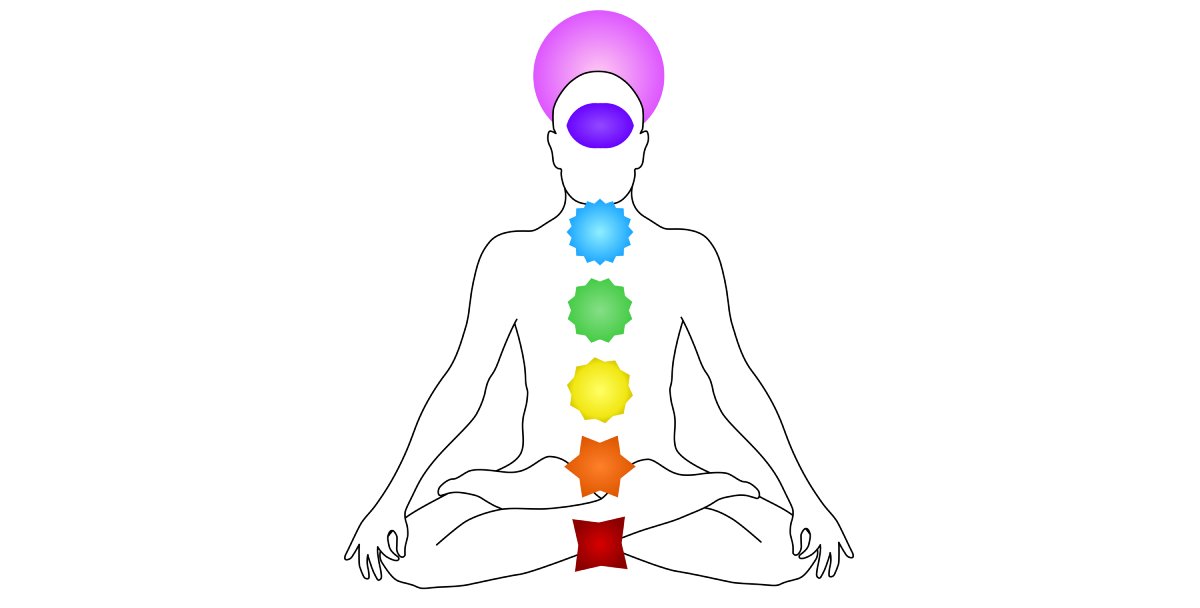









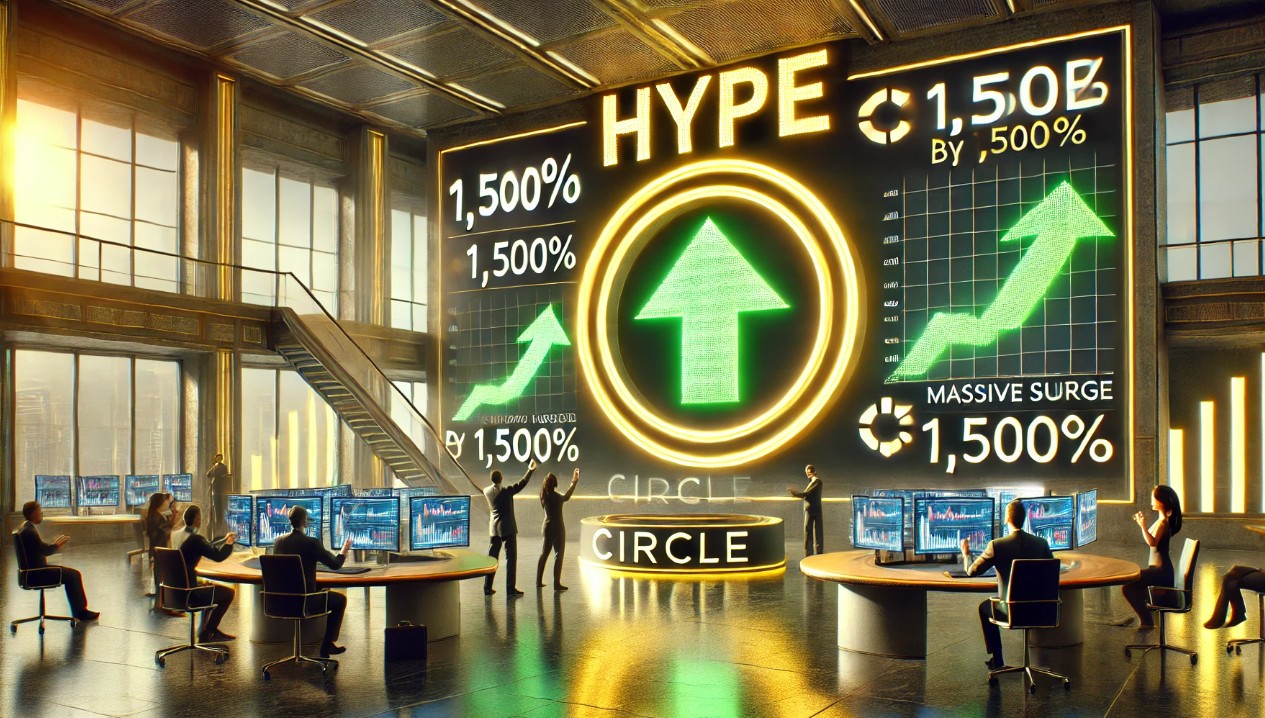
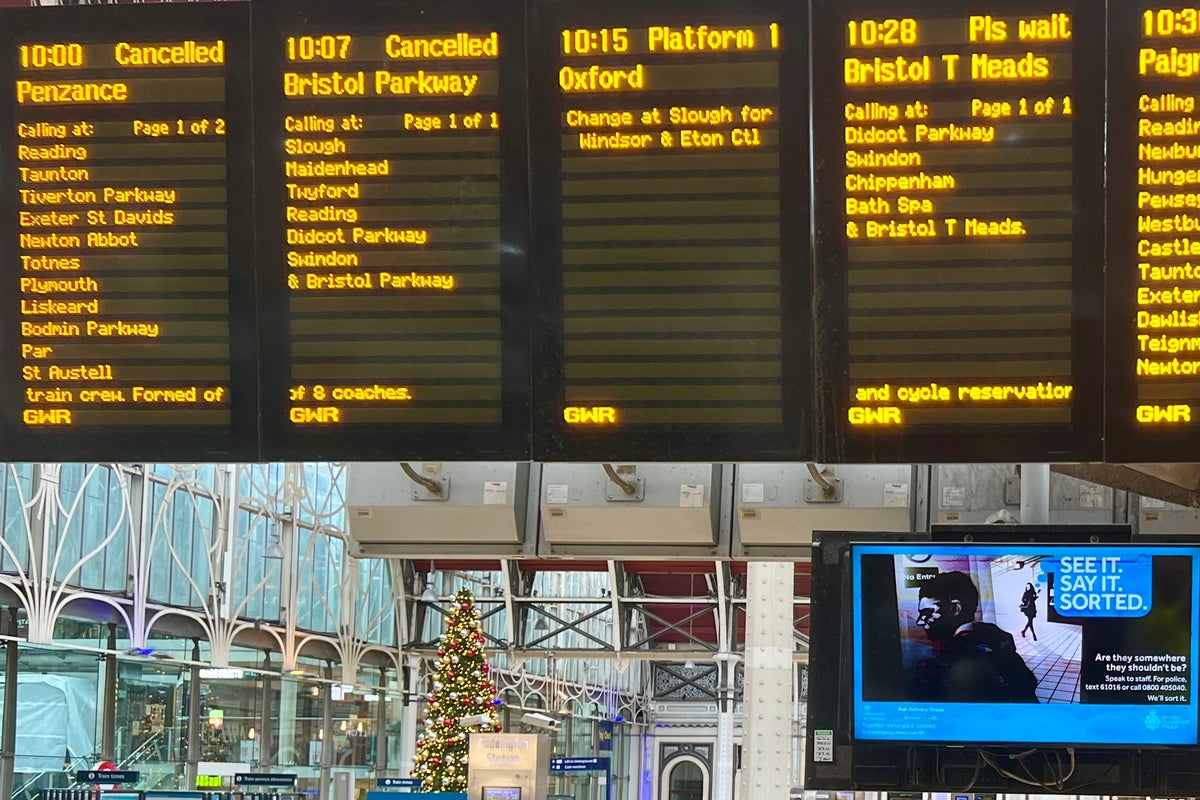







.jpg&h=630&w=1200&q=100&v=f776164e2b&c=1)


